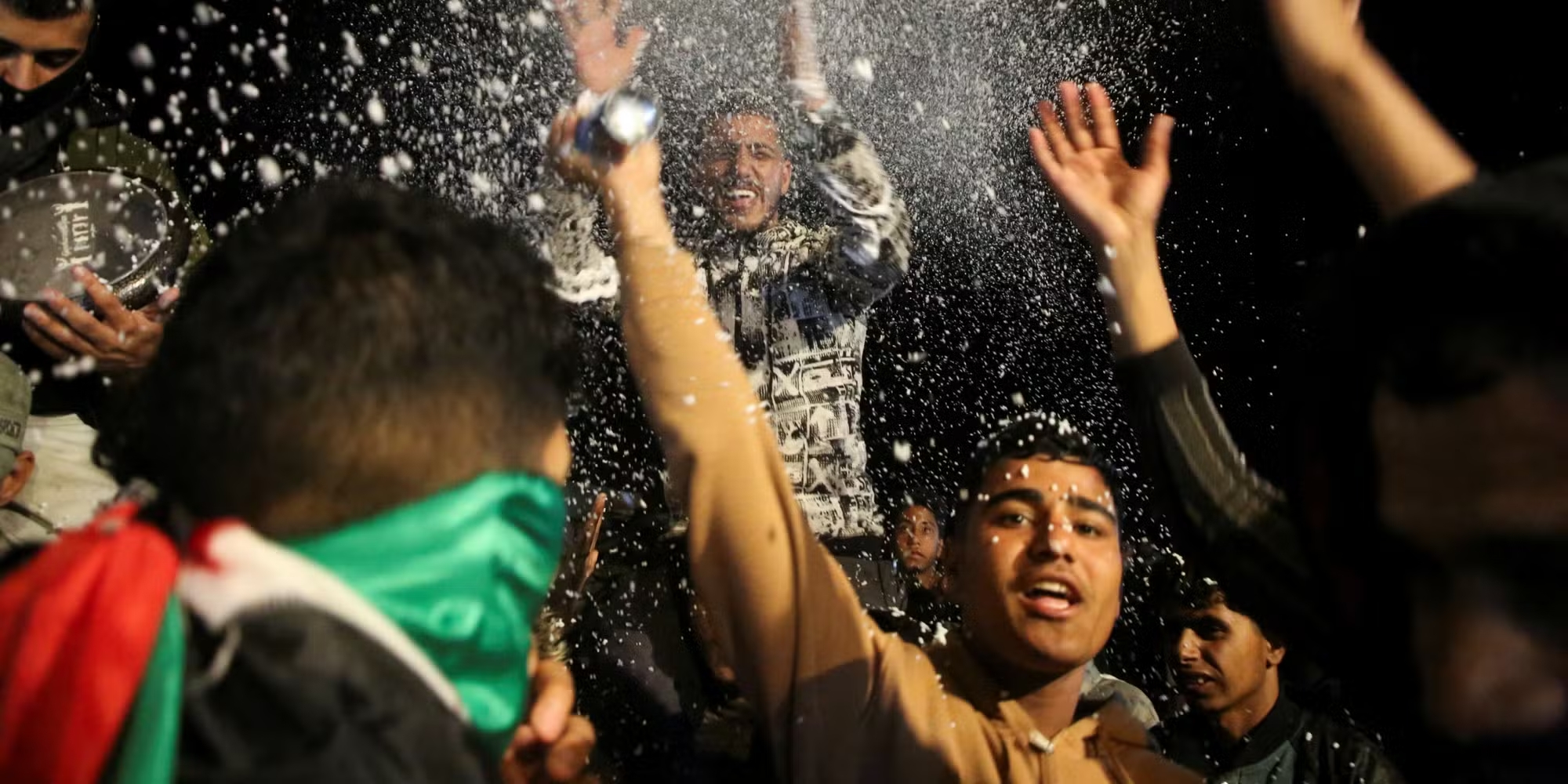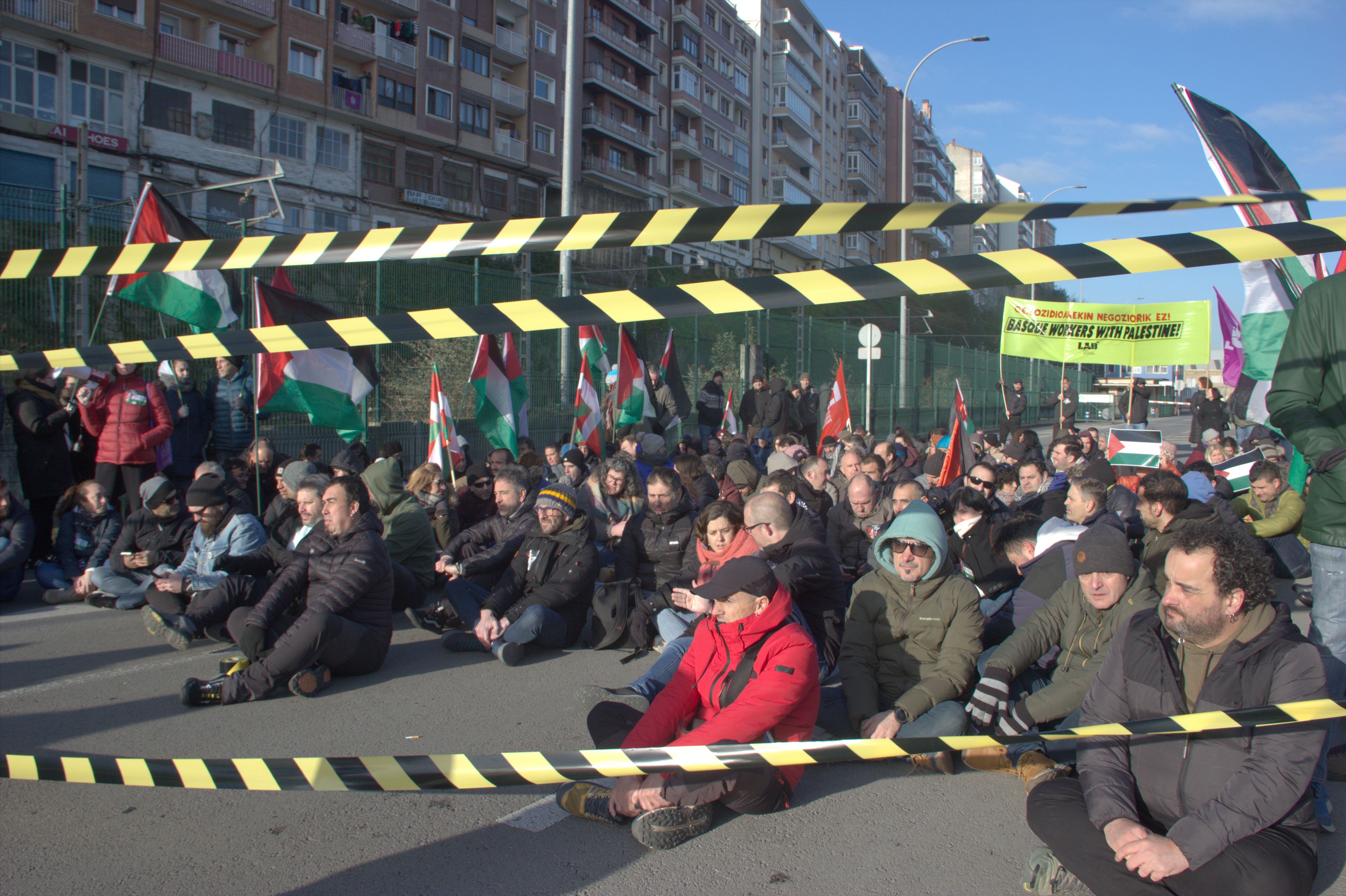New political entity of the Palestinian diaspora
- The assembly of Palestinians who are forced to live outside their borders has built a new political organization. The Palestine Liberation Organization (PLO), which has been in Gaza for a long time, intends to build a stop resolution axis and reactivate the strategy against the Israeli occupation.

After two days of meeting in Istanbul, the attendees of the Palestine Conference on Foreign Affairs have created a political entity that is committed to deepening the rights of the Palestinian diaspora. Not with the idea of replacing and excluding the Palestine Liberation Organization (PLO), but with the idea of supplementing it and promoting a strategy contrary to the Israeli occupation policy.
The SEMP was founded in 1964, and it was a completely different time. With the figure of the Egyptian President, Gamal Abdel Nasser at the head, he was formed along with the participation of the Arab League and the unions, youth organizations, refugees and Palestinian feminist organizations. Even today, Yasser Arafat and Fatah, who are both present in Palestine and in the refugee camps, held the presidency of the organization; in 1969. Despite being the third, Arafat was the most memorable, as it was the hand that signed the Oslo Accords in 1993 and the first to hand Shimon Peres to Bill Clinton, a gesture that the losers of this whole story still see with bad eyes.
Convention for the Overcoming of Intifades
It was represented as an agreement that praised the international agreement and would leave behind Intifada. Although an attempt was made to extend the idea that a very successful peace agreement was reached, time reaffirmed the trends and brought with it serious consequences for the Palestinian. Among other things, by relinquishing 78 per cent of the Palestinian historical territory and accepting to live in the remaining 22 per cent, Israel continued its occupation and colonization project after the beginning of the offensive in 1948, embarking on the road of demographic cleansing, which is now very significant with an image of about 700 kilometres of wall that perfectly represents this strategy.
When the effects have been medically spectacular, such as the offensives of 2011 and 2014, we have known the facts extensively, but the effects of the occupation occur at different levels and have a presence in all areas, that the inevitable realities both inside and outside Palestine worsen and that everyday life appears to be an endless punishment.
Among other things, this Conference of Palestinians Abroad criticises the EAP, led by Fatah, for having created a leader who only obeys the Israeli Army. In Congress ' s latest statement, law-expert Anis Al-Qasem has accused the leadership of the EAP of squandering Palestine ' s historic rights in Israeli treaties that have prolonged and deepened Palestinian occupation and suffering.
However, this new political entity, which has not yet been named, has been presented as the support of the EAP, according to former EAP ambassador Ribhi Halloum, “we are trying to create a structure that wants to be the support of the EAP”, so the idea is not to create a new party, but to build an independent organization open to the participation of all Palestinians. Fatah called the Congress an aggression against the EAP for an initiative aimed at separating the Palestinians from the Palestinians, the government reported.
Headquarters in Beirut
In addition to the decision to establish its seat in Beirut, the main objectives of the congress include the repeal of the aforementioned Oslo Accords between Israel and Palestine, the restructuring of the EAP which will best represent all Palestinians, and the democratically elected Palestinian National Council, that is, the constitution of the exiled legislative organization of the EAP.
Three weeks ago, the Sixth International Congress for the Palestinian Intifada organized by Palestine was held in Tehran. At the conference, Hezbollah said that the Islamic Republic of Iran "has not forgotten Palestine"; the situation of Palestinian and Syrian refugees in Lebanon is going to get worse; the uncertainties of the war in Syria; the BDS, the Boikot campaign, Divestment and Sanctions against Israeli apartheid will also influence. In this context, it seems inevitable to ask whether we are in the era of profound changes in the Middle East.











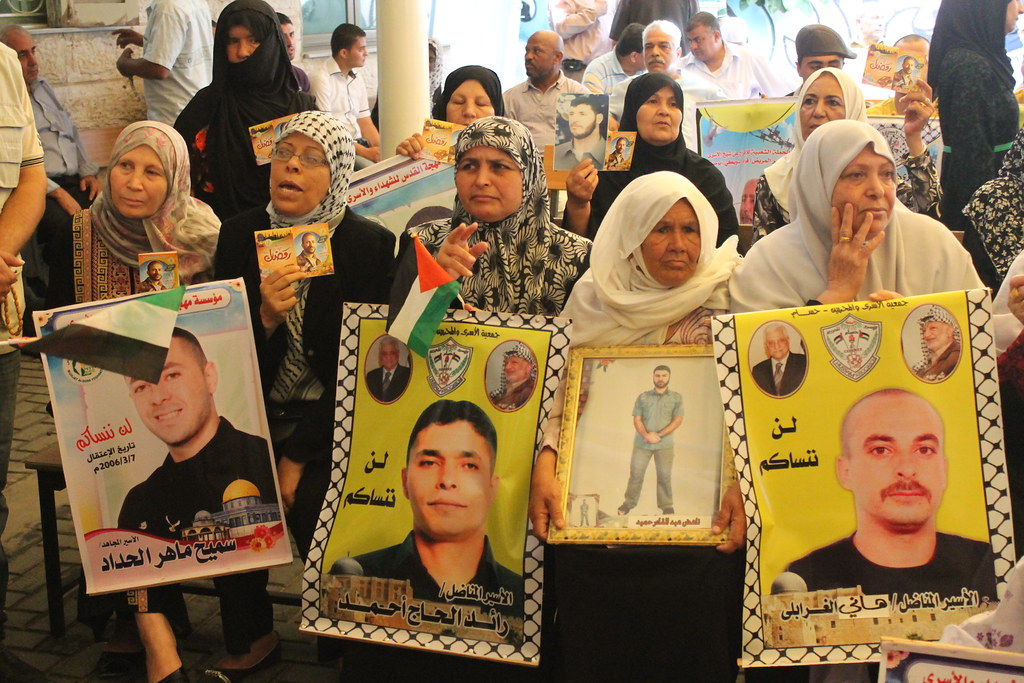
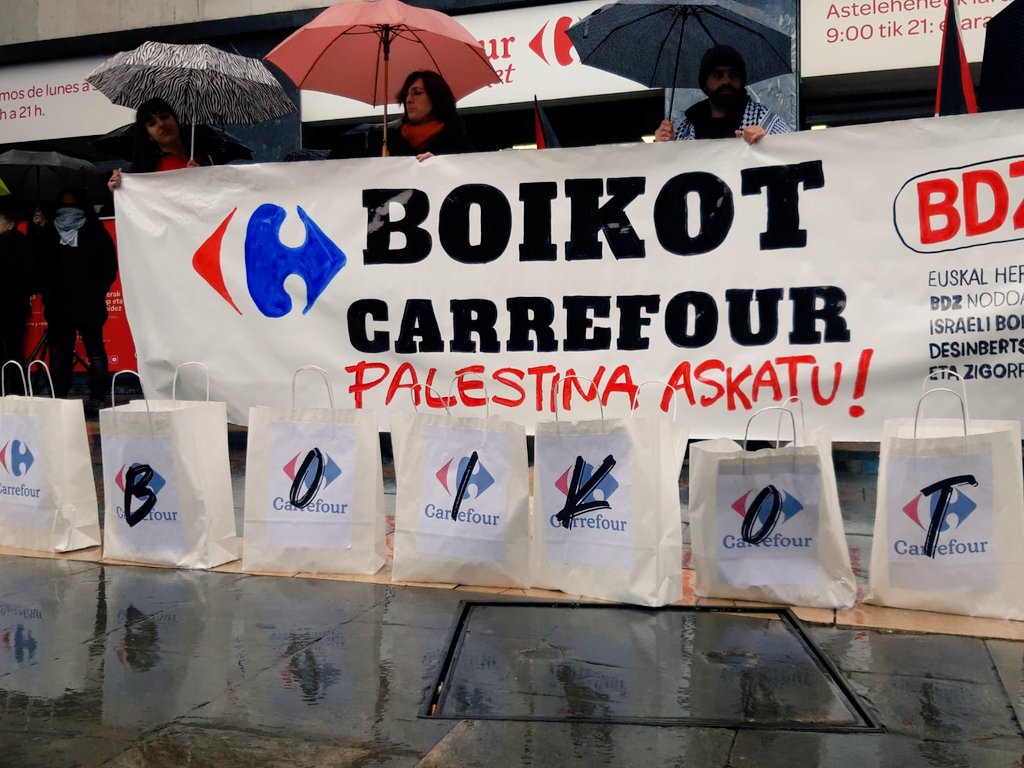
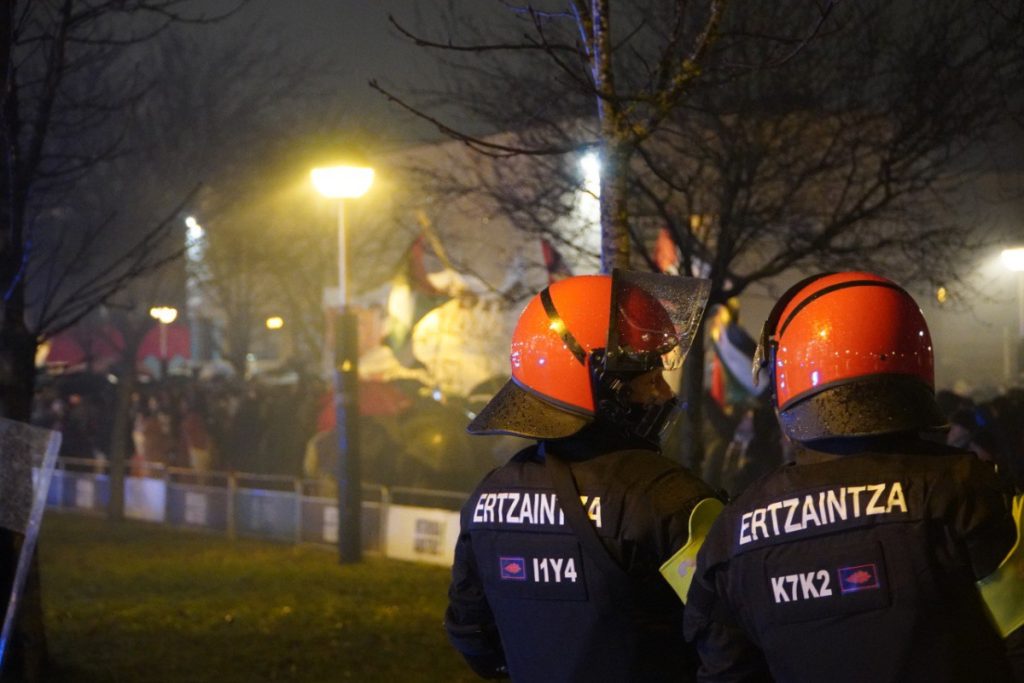

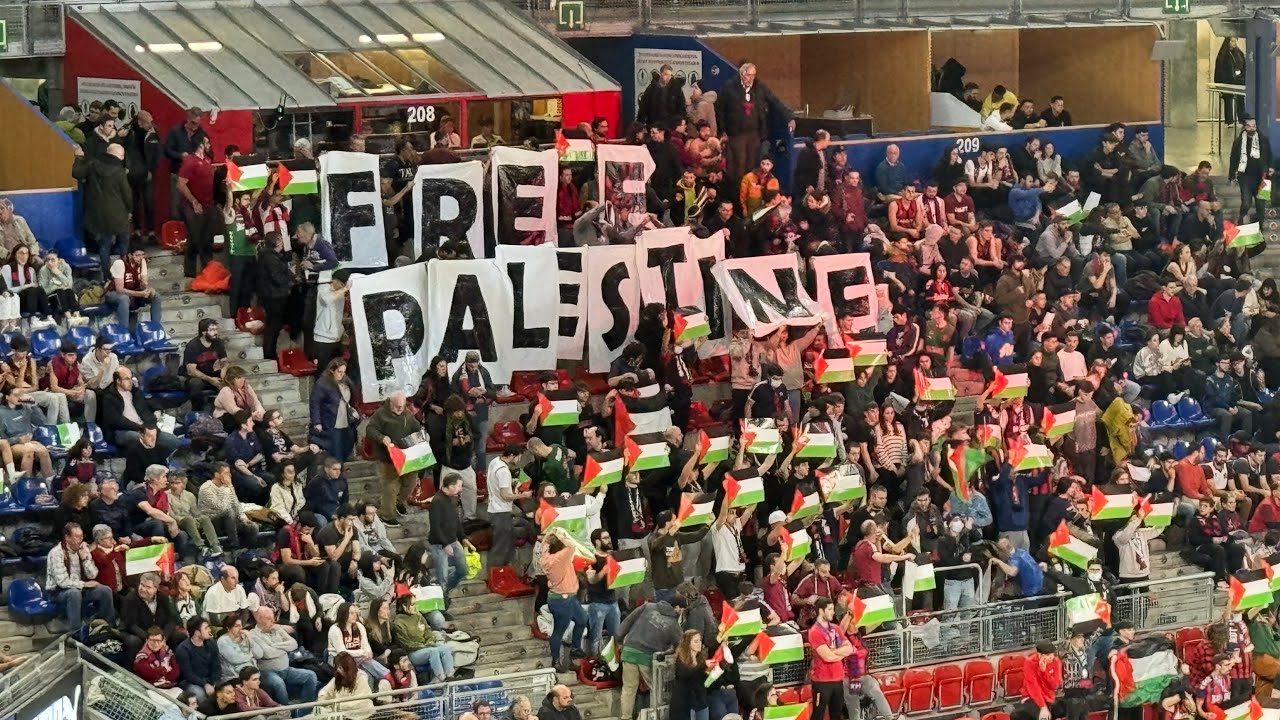



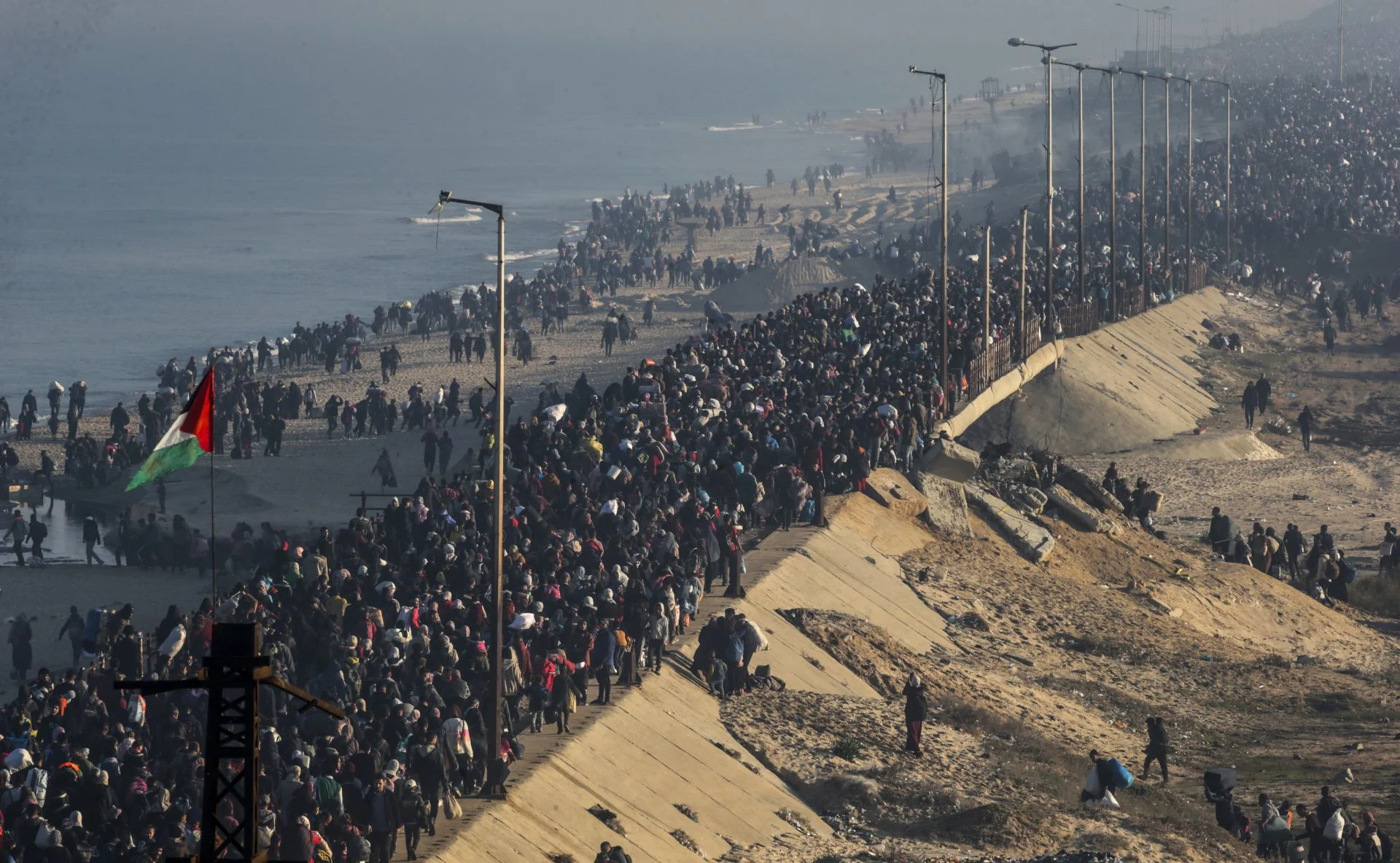
.png)
.jpg)

